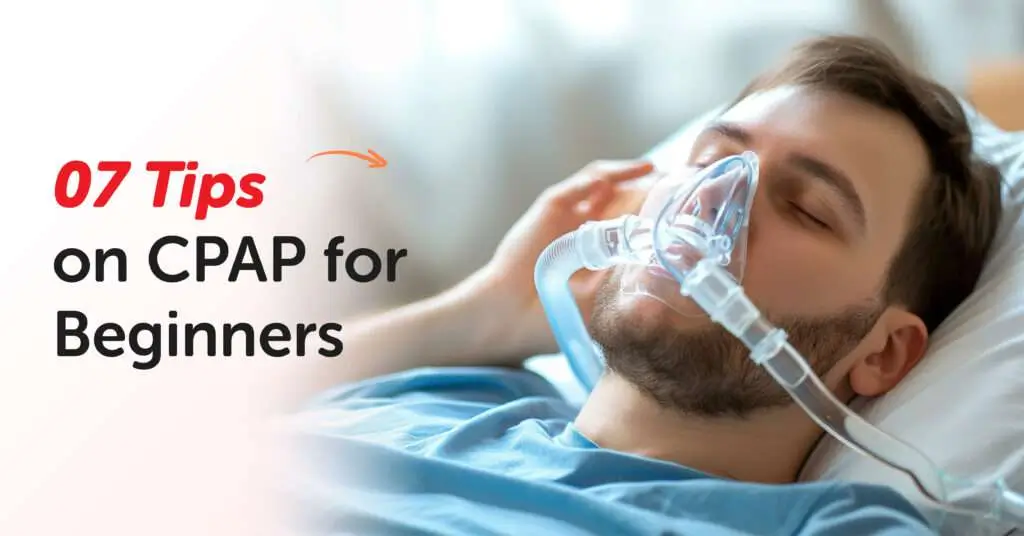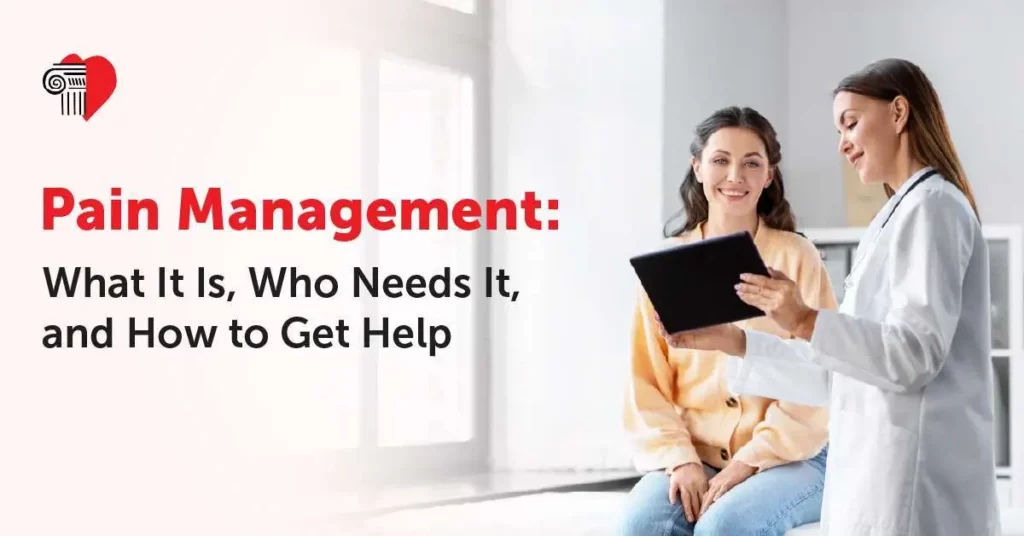7 Tips on CPAP for Beginners: AHCSPC’s Guide to a Better Night’s Sleep
7 Tips on CPAP for Beginners: Athens Heart Center & Specialty Clinic’s Guide to a Better Night’s Sleep Starting CPAP […]
7 Tips on CPAP for Beginners: AHCSPC’s Guide to a Better Night’s Sleep Read More »

